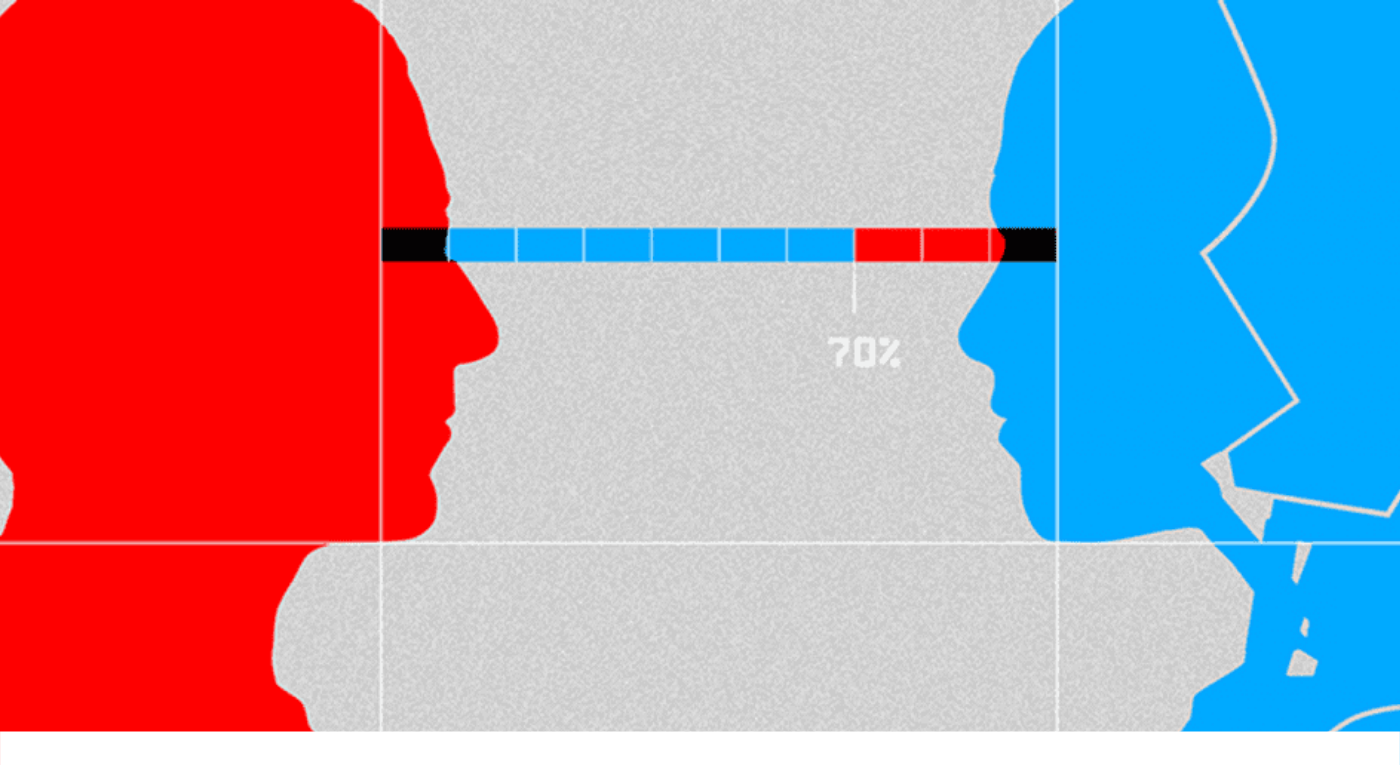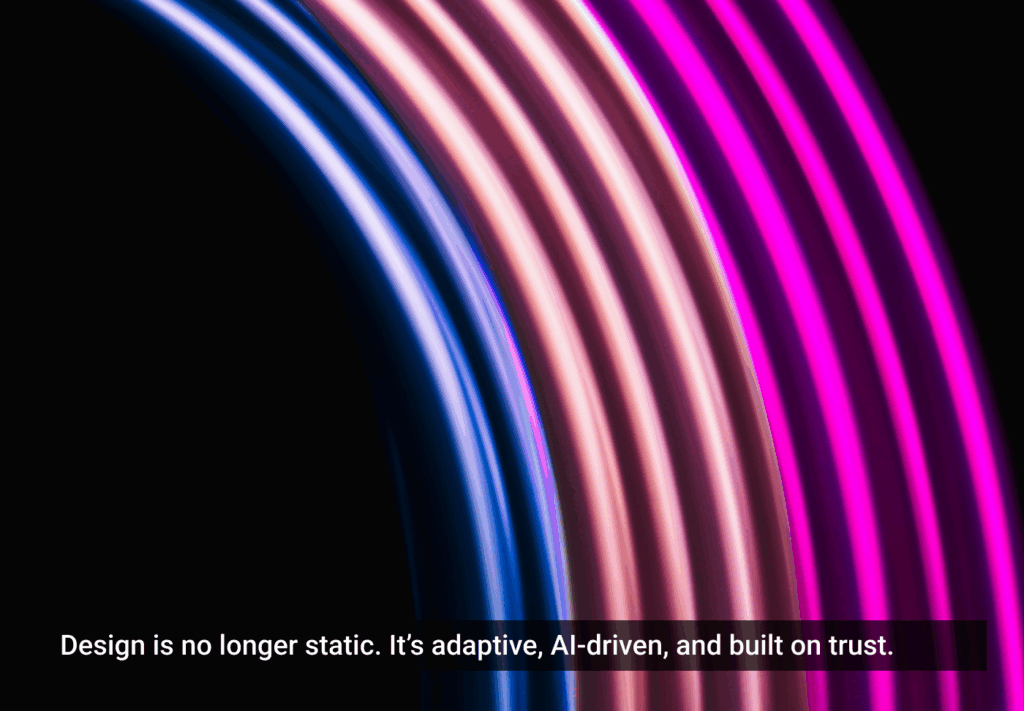Human advancement has been driven by the improvement of tools, machines and innovation that enlarge our regular abilities. However, our emotional mind – the part that controls our empathy has had little assistance from innovation to-date.
Artificial Intelligence (AI) has the ability to change that. Structuring human-driven AI interactions, improved to create confided relationships between AI and people, displays the biggest opportunity for human and societal progression in the cutting-edge period.
Augmented reality is just convincing if that the truth is as close to the real reality that you experience as could be expected under the circumstances. This implies AI Systems need to mirror genuine human feelings. Just through real human feelings and personal information from you can AI frameworks augment a reality that you will have confidence in. With the prevalence of social media applications, gathering individual information is never again an issue. However, the genuine issue lies in modeling real human feelings.
The most troublesome part is for AI systems is to imitate empathy or artificial sympathy. It is important to mimic since AI systems are not human. Artificial intelligence systems can get familiar with your behaviors by interacting with you. At that point, AI systems can respond to you in the most “compassionate” way (it decides from its data bank) in circumstances when empathy is called for. By emphasizing with you and communicating with you, the AI system would then be able to assemble more behavior qualities from you. Thus, AI System’s emphatic reactions to you will have a more emotional impact on you with every interaction that you have with the AI system.
Up to this point, technology has to a great extent help expand the rational side of our brain just as our physical ability. Simple interfaces like switches and pedals have offered an approach to button, console, mouse and screen. All through, the objective has been to improve the mechanical and computational abilities of people.
However, the rational side of the human mind, while astounding, really controls just a little portion of our behavior. The intuitive side, fundamental for survival, rules a lot more parts of our lives. Past impulses like battle or-flight, it has our empathy and feeling, which drive the majority of our everyday choices. What’s more, this part of our brain has not had much assistance from tools or technology.
What will be the Empathy be like?
In psychological terms, an individual with artificial empathy is known as a sociopath. Try not to be frightened.
From the surface, the AI system with artificial empathy may resemble an insane person. In any case, we overlook that the data we give our AI System drives the viability of the AI System. The data we give our AI System likewise trains the AI System’s mimicry of sympathy. This implies that the AI system has the ability to be a psychopath
If researchers can train the AI system to imitate empathy, at that point researchers can train the AI system to have respect for law, order and societal values. Related to creating empathy in our AI systems, we can likewise place limits on our AI systems. The same way that societal values, moral code and standard of social behavior help people live better in society, AI systems can be integrated along these lines to help us rather than hurt us.
Abilities of machines
In the course of the recent five centuries, machines of increasing refinement have extended our common physical capabilities, exemplified by the vehicles and planes that move us at multiple times the speed and distance that our legs may manage. All the more as of late, machines have been concocted to enhance our cognitive capabilities, extending the near-term inventory, recovery and computational parameters of our brains. We can store and recover what might be compared to more than 60 million written pages in real-time on our cell phones.
What AI offers for the future, and what is routinely ignored in both the energy and anxiety about its effect, isn’t only extra augmentation to the rational personality, however, the upgrade of the emotional personality. By learning and introducing human-like interactions, the machines of tomorrow can be far more extravagant tools. If appropriately planned, AI may augment our human empathy at the same accelerated scale at which before innovation has improved our physical and computational abilities. What would we be able to become when our ability to comprehend, and relate with others, is upgraded a hundred-fold? What society may we build if we can ‘figure out’ our oblivious predispositions? Would we be able to improve each other’s comprehension of circumstances and, in doing as such, really make common sense good sense?
Rational vs Emotional Decisions
For what reason should human-AI interactions be ‘tuned’ to the subconscious mind? For what reason does it offer such enhancement potential? The appropriate response is surprisingly basic: since individuals behave and act emotionally significantly more than they do rationally. Most of what we really choose and do depends more on the subconscious side of our mind, regardless of whether our rational side controls what we state about these choices and actions.
There are many proof points. Here is one model: While we might want to imagine that our purchasing choices depend on the rational correlation of costs and brands, Harvard Business School educator emeritus Gerald Zaltman has demonstrated that 95% of those choices happen in the subconscious mind. Another: We generally acknowledge that emotional intelligence is a key leadership ability in driving results from companies. The deep ‘circuits’ in the subliminal mind impact choices from hiring to contributing.
Basically, we frequently settle on less ideal choices since they are simpler decisions. So, one simple approach to help individuals settle on better choices for themselves is to settle on the correct decisions the easier ones.
We should take incredible consideration and responsibility as we create AI, and ethical AI must turn into a worldwide need. When we do so, we can steward it to upgrade society and, all the while, help tackle a large number of our most pressing issues. As we put resources into artificial intelligence, we should not neglect to put considerably more in human intelligence, in its most diverse and comprehensive structure.








